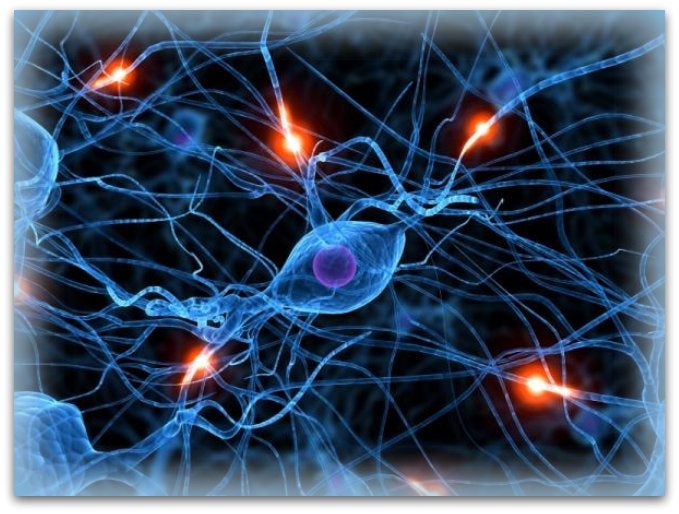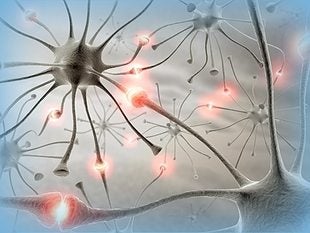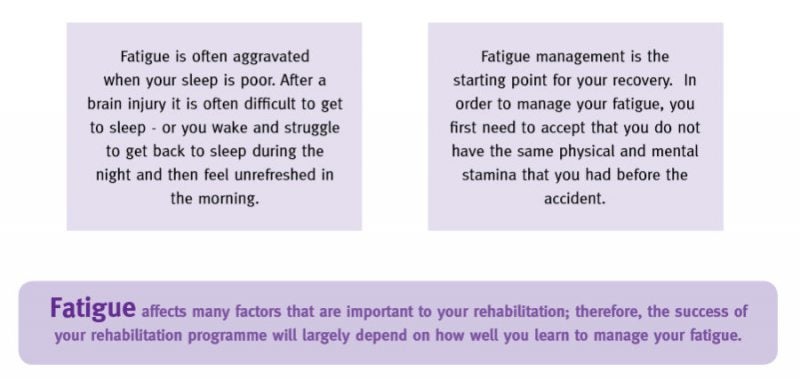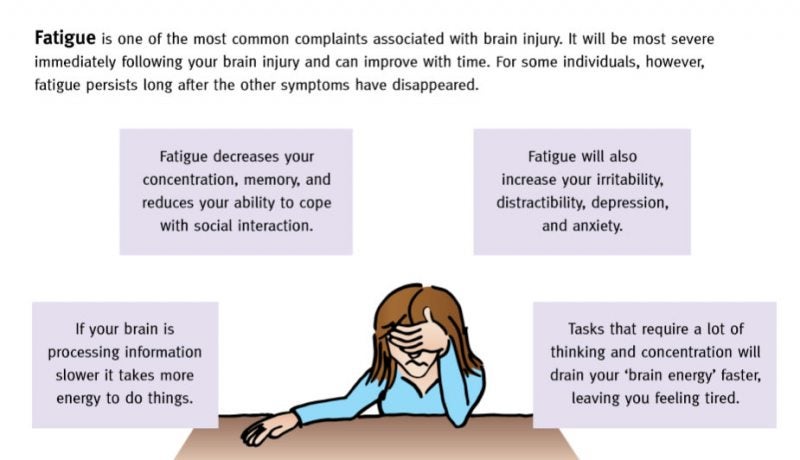
Fatigue fatigue fatigue, which is what people with brain injuryoften experience.
Everything takes effort. The energy for the whole day is often consumed completely within two hours. There are many brain injury victims who have insomnia ón top of this all. Another group of brain injury survivors have an increased need for sleep. But the resemblance is FATIGUE.
Everything takes effort. The energy for the whole day is often consumed completely within two hours. There are many brain injury victims who have insomnia ón top of this all. Another group of brain injury survivors have an increased need for sleep. But the resemblance is FATIGUE.
Mental fatigue is different from physical fatigue.
We can all get a picture when talking about physical fatigue.Being tired after an exercise, after a brisk walk, after strenuous physical labor, after housework and so on.
We can all get a picture when talking about physical fatigue.Being tired after an exercise, after a brisk walk, after strenuous physical labor, after housework and so on.
Mental fatigue comes in thinking processes, learning andinformation processing, watching television extensively, doingcomputer actvities, but also solving problems, interpreting the behavior of other people and thinking logically.
A healthy person can also be mentally tired of all suchfunctions if it is intense and long enough. Healthy people can also come to a point that they become annoyed when the"energy" is low, and especially if that mental activity was filled with noise. It seems as if you can not tolerate radio or TV, or something like that, anymore.
Whith brain injury victims that is many times worse. The mental energy is already used after a short time. They usemore parts of the brain, because the dead area must be passed by, in the communication between braincells.

More brain activity in brain injury patients
Scientists have discovered that the brain of a brain injuredworks harder and uses more braincells. To process information more nerve activity is shown. They try to make moreinterconnections to braincells.
More brain areas are involved in activities than before thebrain injury. That difference can be seen with PET scans. Parts in the brain that normally show little activity in the conduct of an activity, become actively involved in the thinking process after a brain injury.
This requires many extra bypasses and energy. Therefore, thereaction is often a bit slower on a brain injured person and it requires more energy. For each brain signal between braincells, needs electricity to be generated and that takes energy. It can make someone really tired.

Definition of fatigue in the scientific literature: "the sense of areduction in the capacity for physical and / or mental labor,caused by an imbalance in the presence, the use and / orrecovery of energy that is needed to perform activities"Aaronson et al (1999)
So....Brain injury = Top Sport. It deserves respect.
Fatigue management
Fatigue management is the starting point for a recovery. In order to manage fatigue, a person first need to accept that he or she does not have the same physical and mental stamina that he or she had before the accident.

http://www.braininjury-explanation.com/unseen-consequenses-of-brain-injury/neurofatigue

0 comments:
Post a Comment